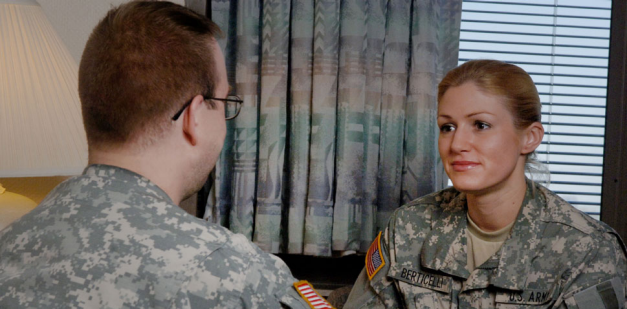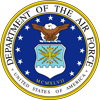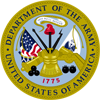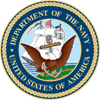 Prev - 71E Prev - 71E | Medical Service Corps Jobs | Next - 72B |
Clinical Psychologist - 73B

- Active/Reserve:Both
- Officer/Enlisted:Officer
- Restrictions:None
As a clinical psychologist in the U.S. Army, you'll have the opportunity to work with a rewarding patient base — Soldiers and their families — in a variety of settings, and conduct vital, life-saving research alongside committed and focused colleagues.
Apply psychological principles, theories, methods and techniques through direct patient services, consultation, education and research in problems of human effectiveness, adjustment and emotional disturbance in medical and other settingsFocus on investigation, evaluation and amelioration of mental and behavioral disorders, prevention of mental illness and promotion of effective mental health Conduct and supervise direct patient care, and plan and execute disease prevention and health promotion programsExercise command of medical units as provided by law and regulation Perform special staff functions in health support for commanders at all levelsConduct medical research on diseases of military importance, and conduct, supervise and participate in graduate medical education and training of other medical personnel needed to sustain a robust and readily available medical systemUnique duty positions include: clinical psychology consultant, Office of the Surgeon General; clinical psychology consultant; director of training, psychology internship/fellowship program; staff psychologist, Clinical Psychology Service; combat stress control detachment/company psychologist; division psychologist
Active Duty
Doctoral degree in clinical psychology, counseling psychology or other subspecialty Current, unrestricted license for practiceMust be between 21 and 42 years of ageU.S. citizenshipArmy Reserve:Doctorate in clinical psychology or counseling psychology from an accredited program acceptable to the Surgeon GeneralCompletion of a one-year, American Psychological Association—approved clinical psychology internshipCurrent license to practice psychologyPermanent U.S. residencyMust be between 21 and 42 years of age (may request a waiver, Locate A Recruiter for more information)
In the U.S. Army, the case diversity psychologists experience in caring for Soldiers and their families far exceeds the medical care environment of the private sector. As an Army Medical Service Corps officer, you'll have access to the most sophisticated technologies, methods and techniques, the opportunity to consult with experts in both the military and private sector, plus exceptional professional growth opportunities, including continuing education courses, seminars and conferences. Psychiatrists may even serve as faculty at one of our prestigious graduate medical education programs.
The normal environment of an Army Medical Service Corps officer's work requires timesensitive problem analysis with an accurate, sound and immediate decision. Ability to operate under stress, apply critical thinking skills, make decisions and translate these skills to battlefield conditions is critical to medical and mission success. Effective patient care requires the proper balance between technical skills and the ability to apply the appropriate treatment or procedure at the right moment. Army Medical Service Corps officers possess expert knowledge in their area of concentration, patient management, and general support and coordination principles. Psychologists gain this knowledge through continuing medical education and experience sustained by mentoring, additional institutional training, continuous selfdevelopment and progressive levels of assignments within their specialty.
The Armed Services Vocational Aptitude Battery (ASVAB) is an examination that is administered by the United States Military Entrance Processing Command. It is used to determine qualification and helps predict future academic and occupational success in the military.
No ASVAB
ACTIVE BENEFITS:In addition to the many privileges that come with being an officer on the U.S. Army health care team, you'll be rewarded with:
30 days of paid vacation earned annuallyNoncontributory retirement benefits with 20 years of qualifying serviceNocost or lowcost medical and dental care for you and your familyRESERVE BENEFITS:
Health Professionals Special PayHealth Professionals Loan Repayment, which may be applied toward qualifying educational loansNoncontributory retirement benefits at age 60 with 20 years of qualifying serviceLowcost life and dental insuranceTravel opportunities, including humanitarian missionsBoth active and Reserve duty officers enjoy commissary and post exchange shopping privileges; a flexible, portable retirement savings and investment plan similar to a 401(k); may receive pay for continuing education; and specialized training to become a leader in their field.
See the whole list of Army Occupational Specialties here
To learn more about the Army's rank structure, see our complete list of Army ranks.
To see a list of military medals and decorations that can be earned by servicemembers in the Army and other branches of the military, see our list of military decorations and medals.








































































































































